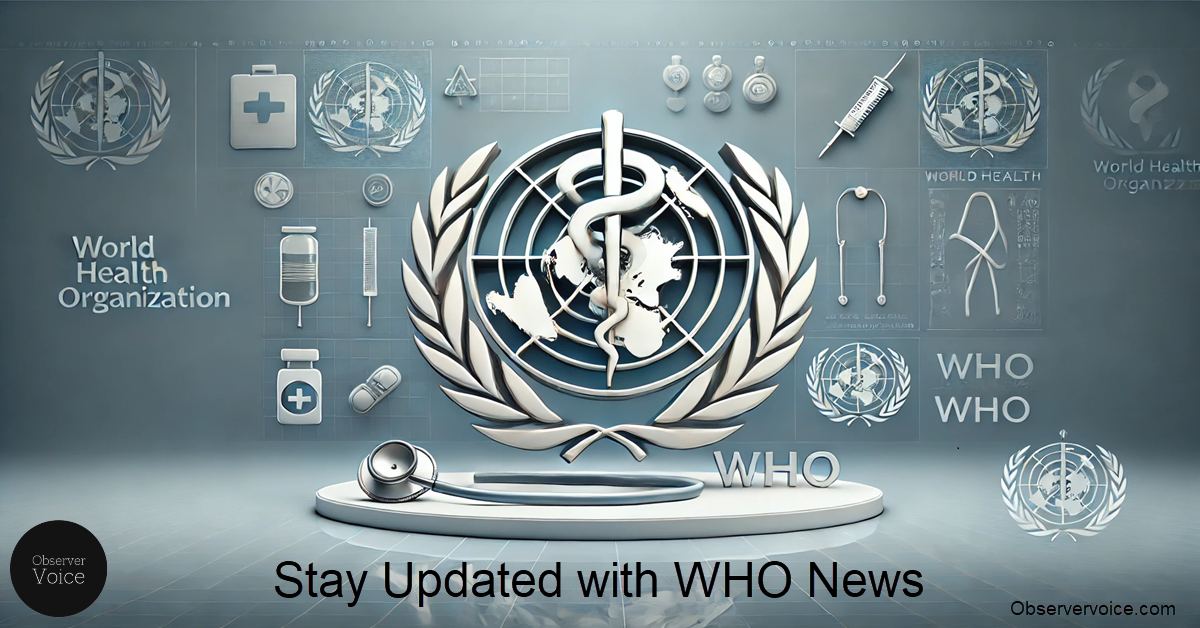Lebanon: a conflict particularly destructive to health care

The healthcare system in Lebanon is facing a grave crisis, with a disproportionately high number of fatalities among healthcare workers and patients compared to other conflict zones. Attacks on healthcare facilities and personnel have resulted in a staggering death toll and have severely impacted the country’s ability to provide essential medical services. This article will delve into the alarming statistics, the violation of international humanitarian law, and the long-term consequences of these attacks on Lebanon’s healthcare system.
High Fatality Rate in Lebanon:
Since October 7, 2023, Lebanon has witnessed a shocking 47% of attacks on healthcare resulting in the death of at least one healthcare worker or patient. Out of 137 attacks, 65 have proven fatal as of November 21, 2024. This percentage is significantly higher than any other active conflict worldwide, where nearly half of all attacks on healthcare lead to the death of a healthcare worker.
Comparison to Global Average:
In comparison to the global average, Lebanon’s healthcare system is experiencing an unprecedented level of violence. The global average fatality rate for attacks on healthcare is 13.3%, based on data from 13 countries or territories that reported attacks during the same period. Among these countries are Ukraine, Sudan, and the occupied Palestinian territory (oPt), where the death rate stands at 9.6%.
Impact on Healthcare Workers and Patients:
According to the Surveillance System for Attacks on Health Care (SSA), 226 healthcare workers and patients have been killed in Lebanon between October 7, 2023, and November 18, 2024. Additionally, 199 individuals have been injured during this period. The SSA also recorded a combined total of 1401 attacks on health in oPt, Lebanon, and Israel, with 1196 attacks in oPt, 137 in Lebanon, and 68 in Israel.
Violation of International Humanitarian Law:
The high number of attacks on healthcare facilities and personnel in Lebanon is a clear violation of international humanitarian law. Health workers and facilities should always be protected during armed conflicts and should never be targeted. The law strictly prohibits the use of health facilities for military purposes, and there should be accountability for any misuse of these facilities.
Long-Term Consequences:
The majority of incidents in Lebanon impact health workers, with 68% of attacks registered by the SSA affecting healthcare personnel. These attacks have severe long-term consequences, including the inability to provide necessary treatments, the prevention of access to maternal and reproductive health services, undiagnosed diseases, and ultimately, loss of lives due to the absence of healthcare.
Impact on Lebanon’s Healthcare System:
Lebanon, already burdened by multiple crises in recent years, is now facing a further strain on its healthcare system. With 15 out of 153 hospitals ceasing to operate or functioning only partially, the country’s health system is under extreme duress. The loss of healthcare workers not only results in the loss of lives but also hampers the country’s ability to recover from the crisis and deliver healthcare in a post-conflict setting.
The alarming statistics of attacks on healthcare in Lebanon highlight the urgent need for action to protect healthcare workers and facilities. The violation of international humanitarian law and the devastating consequences on Lebanon’s healthcare system cannot be ignored. It is crucial for the international community to advocate for the adherence to international law and ensure that healthcare remains a protected and essential service, not just in Lebanon but worldwide.
Observer Voice is the one stop site for National, International news, Sports, Editor’s Choice, Art/culture contents, Quotes and much more. We also cover historical contents. Historical contents includes World History, Indian History, and what happened today. The website also covers Entertainment across the India and World.
Follow Us on Twitter, Instagram, Facebook, & LinkedIn

